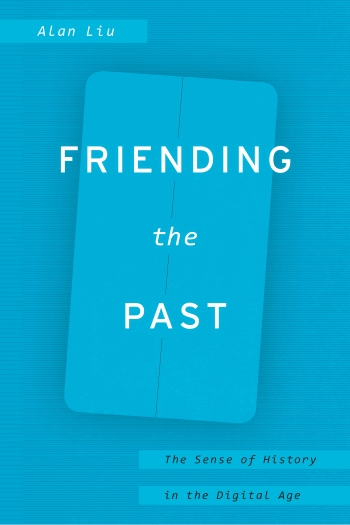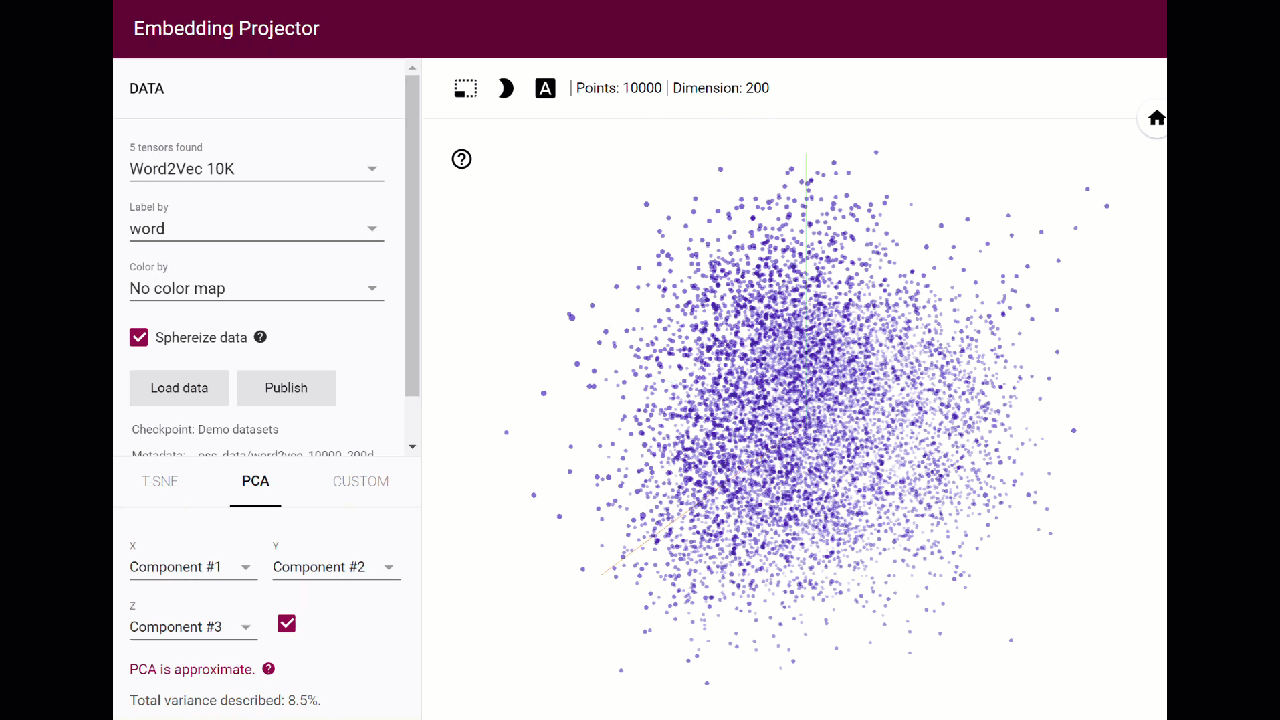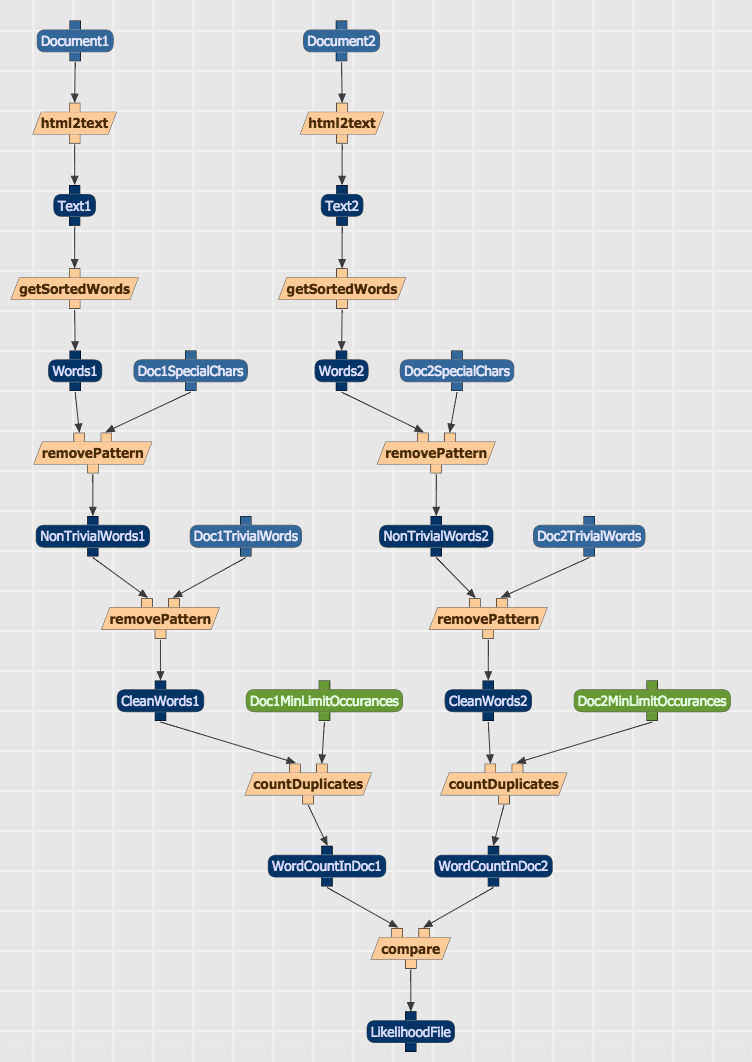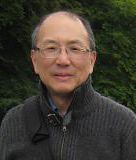Stanford Univ. Press, 1989 , 726 pp., ISBN-10: 0804718938, ISBN-13: 978-0804718936
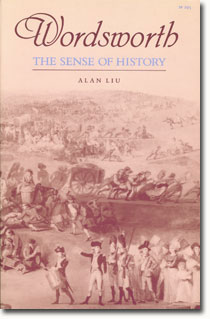
[Catalog copy: original description on hardcover jacket]
The imaginative power of Wordsworth’s poetry stems from a denial of history so strong and precise that denial itself—the determined absence of history—must be studied as positive fact. The author argues this thesis with the aid of substantial methodological innovations allowing the best of formalist, deconstructive, and New Historicist reading strategies to be synthesized and informd by a wealth of historical matter. Drawing upon recent advances in the history and theory of the French Revolution, art history, economic history, family history, and the social history of the Lake District, he shows that history—however absent it seems to be—influences literature deeply at the level of form. In particular, the most telling register of historical change and perception in Wordsworth’s poetry is generic transformation. Studying the works of the early and middle years intensively, and the later works suggestively, the author argues that Wordsworth’s overall shift from description to narrative, and from narrative to lyric, is a mimetic denail of contemporary cultural history. By the time “imagination” invests lyric imagery, it has learned to capture history within an empire of self that is no less than a surrogate history, a facsimile ideology.
Part One of the book introduces the subject by rereading the Simplon Pass episode in The Prelude as a denial of Napoleon’s Alpine crossing of 1800. It then formulates a methodology of historical reading by witnessing in the modern and postmodern notion of “context” a developing collaboration between formalist and materialist perspectives. The “matter” of history, the author argues, is collectively structured, witnessed, and uttered absence; and the reading of history is therefore a discrimination of forms of absence. When a city or a cottage is effaced, there is left only the nothing that is the constitutive basis of conventions of difference—of hate, prejudicial discrimination, “nation,” “culture,” and, as one of the most discriminating of cultural discriminations, the differential forms of art.
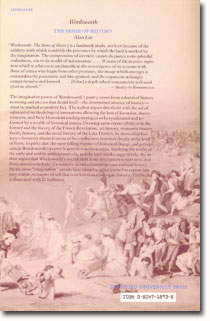
Part Two draws upon art history, political history, contemporary journalism, and narrative theory to study the formal collision between Wordsworth’s early picturesque and the predominantly narrative mode of French Revolutionary violence. Out of this collision, “time” arose as the massive denial of history, giving the poet his first authority separate from the “People.” In chapters entitled “The Tragedy of the Family,” “The Economy of Lyric,” and “A Transformed Revolution,” Part Three traces the development of authority into the “originality” of the poet’s mature ideology of autobiography. Part Four concludes the work by pointing ahead in Wordsworth’s corpus toward “The Idea of the Memorial Tour” and the self-critical stance of a poet whose quintessential act was to “collect” himself. The book ends with a brief epilogue on history and critical self-consciousness.
[Jacket Illustration: La Journée des Brouettes (or Préparatifs de la Fête de las Fédération au Champ de Mars, Juileet 1790) by Etienne-charles Le Guay. Musée Carnavalet]
Table of Contents

|
Part I. Introduction
- The History in "Imagination"
- History, Literature, Form
Part II. Violence and Time: A Study in Poetic Emergence
Before Time
- The Politics of the Picturesque: An Evening Walk
- Motive and Motif
- From Form to Institution
- Toward the Indescribable
- The Poetics of Violence
- London: The Silence
- Paris: The Story
- A First Time: Descriptive Sketches, Salisbury Plain
- The Tragedy of Nature
- Unexplained Violence
- The Terror of Time
Part III. The Flight of Forms: A Study of Poetic Individuation
Lyric and Empire
- The Tragedy of the Family: The Borderers
- A Question of Legitimacy
- The Crime of the Family
- Toward a Discourse of Self
- The Economy of Lyric: The Ruined Cottage
- The Value of Imagery
- The Economy of Debt
- Peddling Poetry
- A Transformed Revolution: The Prelude, Books 9-13
- The Contest of Genres
- Autobiography and Ideology
Part IV. Conclusion
- The Idea of the Memorial Tour: "Composed Upon Westminster Bridge" (excerpt)
Epilogue
Appendix
Notes
References
Index
|
I am Distinguished Professor Emeritus in the English Department at the University of California, Santa Barbara, where I taught from 1987 to 2025. I was also an affiliated faculty member of UCSB’s Media Arts & Technology graduate program. At the beginning of my career (1979-1986), I was Assistant Professor and then Associate Professor in Yale University’s English Department and British Studies Program.
I began my research in the field of British romantic literature and art. My first book, Wordsworth: The Sense of History (Stanford Univ. Press, 1989), explored the relation between the imaginative experiences of literature and history. In a series of theoretical essays in the 1990s, I explored cultural criticism, the “new historicism,” and postmodernism in contemporary literary studies.
Subsequently, I was an early and now continuing voice in the “digital humanities” field. This started in 1994, when I created my Voice of the Shuttle Web site for humanities research. That was the era when I began to study information culture as a way to close the circuit between the literary or historical imagination and the technological imagination. In 2004, I published my The Laws of Cool: Knowledge Work and the Culture of Information (Univ. of Chicago Press). In 2008, I also published from Univ. of Chicago Press my Local Transcendence: Essays on Postmodern Historicism and the Database. A new book is appeared from the same press in 2018: Friending the Past: The Sense of History in the Digital Age.
In the late 1990’s, I founded the NEH-funded Teaching with Technology project at UC Santa Barbara called Transcriptions: Literature and the Culture of Information, and my English Dept’s undergraduate specialization on Literature and the Culture of Information. During 2002-2007 I was a member of the Board of Directors of the Electronic Literature Organization (ELO) and chair of the Technology/Software Committee of the ELO’s PAD Initiative (Preservation / Archiving / Dissemination of Electronic Literature). Digital initiatives I then led in the 2000s include Transliteracies: Research in the Technological, Social, and Cultural Practices of Online Reading, a University of California multi-campus, collaborative research group (2005-10); and RoSE (Research-oriented Social Environment), a software project funded by a NEH Digital Humanities Start-up grant (2011-12) that is the culmination of Transliteracies.
I founded and am co-leader of the international 4Humanities advocacy initiative in 2010. During 2017-2021, I was Principal Investigator of the 4Humanities WhatEvery1Says (WE1S) research project, which was supported by a $1.1 million grant from the Andrew W. Mellon Foundation. WE1S digital methods to study a big-data corpus of public discourse about the humanities, and created resources and toolkits for speaking up for the values of the humanities in today’s society. In 2022-2023, I chaired the Modern Language Association’s Committee on Information Technology. Currently I am focusing on co-founding and serving as co-president of the Center for Humanities Communication.




